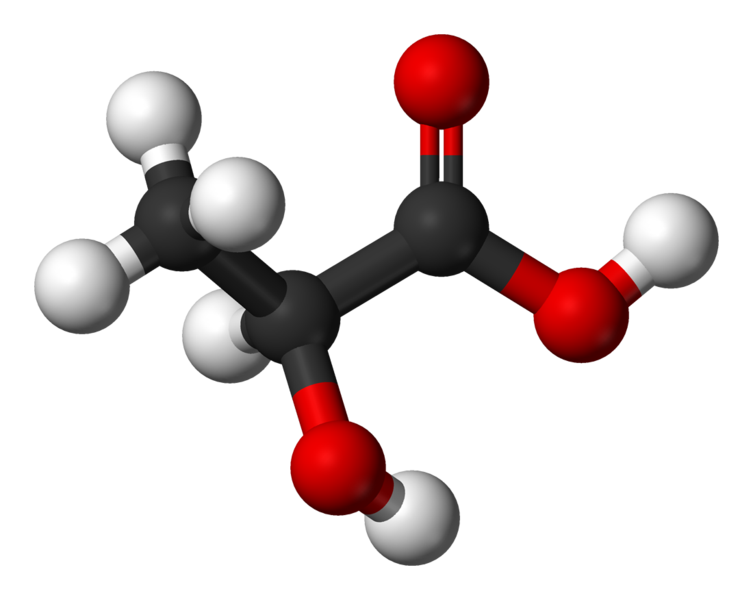
Here's why believing a few of them aren't helping your glow...
Myth #1 - I have sensitive skin. No, you don't. With the exception of like 3 of my actual clients (and I work a LOT), you actually don't have sensitive skin. You're coming in because it looks and feels like you have sensitive skin. You're red, irritated, peely, chapped, inflammed, hot, aggrivated. BUT, great news, you don't actually have sensitive skin! In reality, 97% of the individuals I see who claim to have sensitive skin are experiencing SENSITIZED skin as a result of one or more skin aggressors. Most commonly, these are fragrance ingredients in their skincare products, particularly linalool and limonene, which are aromatic constituents of citrus and some flower essential oils. Great news - eliminate the irritants, eliminate the irritation. And on to...
 |
| (lactic acid also looks like this) |
 |
| Acne is complicated! Thanks, Precision Nutrition |
dermatologist's ingredients or pacing, but we just find that this slower strategy works well in our environment because typically we can see you more frequently than you would be able to visit the derm. It is common for me to start off with our mildest strength retinoid, allowing the retinoid dermatitis to pass over the course of 3 weeks' time before adding a pigment inhibitor. Although I do have hydroquinone-based pigment inhibitors at my disposal, my preference is to slowly build into using a wide array of alternative pigment inhibitors before making a decision to introduce hydroquinone - simply because there is such a huge range of pigment inhibitors that can be combined together and with a mild retinoid to make a significant difference.
Myth #5 - I can't wear moisturizer because I am acne-prone.
Wrong! Your oily skin is likely still dehydrated, especially if you are
using acne meds topically or orally. In this case, it's important to
provide skin with a topical dose of
humectant moisturization that can be
readily absorbed to keep skin from becoming excessively tight, dry, or
irritated. Serums and light moisturizers with humectants like
hyaluronic acid and anti-inflammatory ingredients like allantoin are just what the
esthetician ordered to complete your acne regimen and give you the smooth,
healthy skin you've been searching for.Questions? Comments? Ask the Aesthetician! Visit SpaAeon.com to learn more and schedule a visit. With your permission, I may even write a follow-up post that addresses your specific concerns.


No comments:
Post a Comment